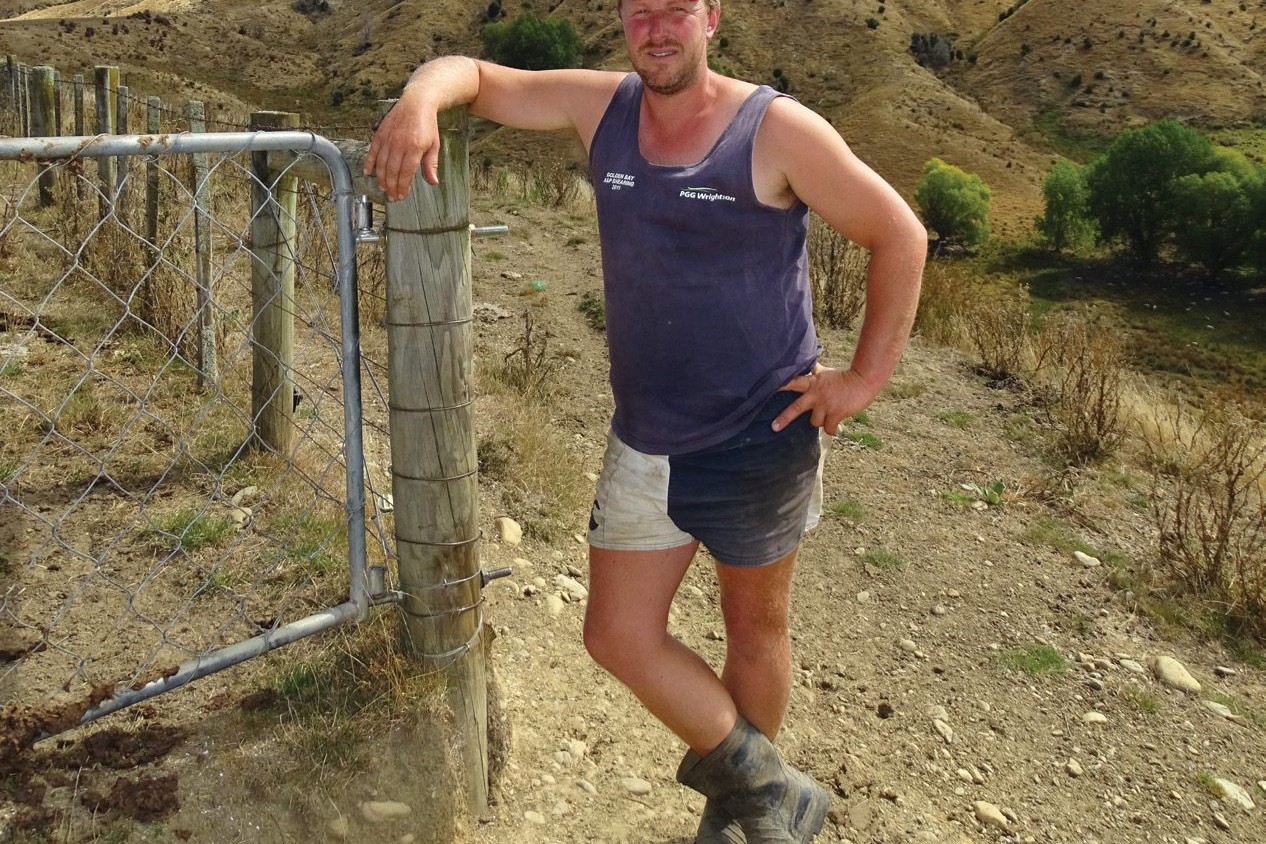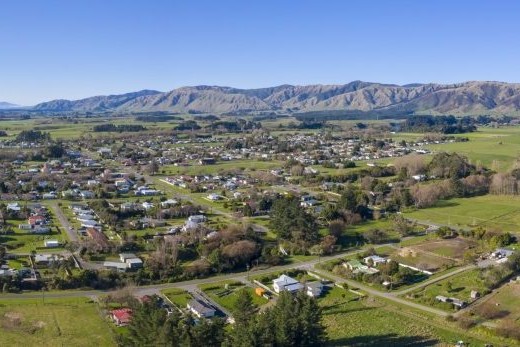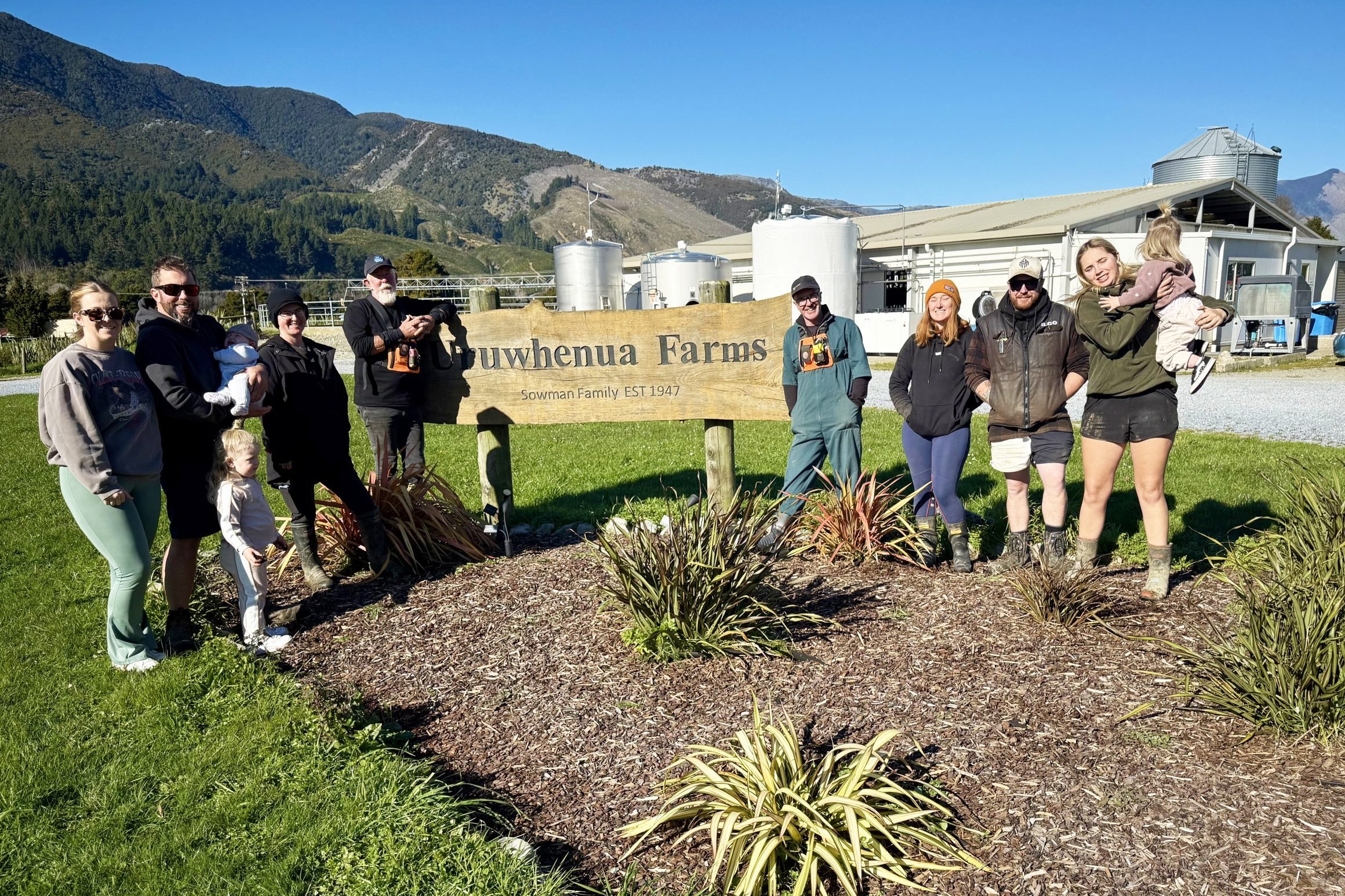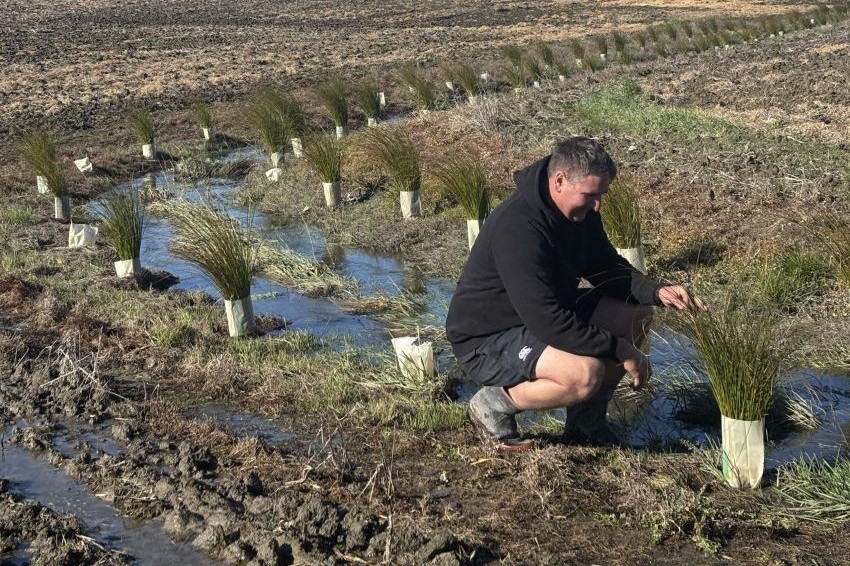Vegetation questions dominate
By Lynda Gray

FIFTY-FIVE PEOPLE ATTENDED THE He Waka Eke Noa roadshow in Milton, Otago.
Clarification was asked about new exotic plantings or those not in the ETS, if they would qualify for He Waka. Nick Tait, developer at DairyNZ said a wider range of vegetation would be included as He Waka was designed to circumvent the particularly prescriptive rules of the ETS.
Another question was if farmers would be penalised for onfarm deforestation between 2008 and 2025. Tait said farmers would not be penalised because it did not look retrospectively at forests that had been established.
“We are looking for additional components of that sequestration, if you’ve deforested you wouldn’t be penalised.”
It was confirmed farmers would not have to pay for biological CO2 emissions from stock under any of the suggested frameworks.
Other questions asked about implementation of the system, and if there would be any flexibility from the Government. For example, would the Government consider going direct to farmer level but make it start from 2028, without going into the ETS to avoid the cost of a two-system transition? B+LNZ chairman Andrew Morrison said whatever farmers decided, there would be a cost to build the system. They would not build anything which would become obsolete quickly. The system would be built so it could transition.
Morrison said the question was, do we go through a stepped or hybrid solution or are we able to commit and go hard to get to farm level directly?
“That is what we really need farmer feedback on, because if we are to go for it, there’s got to be a real commitment from everyone.”
The more farmers who choose to use mitigations and get rewarded then would the rewards be lower? And, who sets the price for each tonne of emitted methane? Were other questions asked.
Will farmers get credit for what they do, from the country and from the economy? B+LNZ chief executive Sam McIvor said the challenge within NZ society was it had become more and more removed from agriculture. NZ was one of the most urbanised countries in the world and the knowledge about agriculture and farming, and what farmers did was pretty limited.
The challenge was to communicate what the rural sector had done, and was doing for the climate, water, and animal welfare, to the community. “We need to continue to work on that.”
Those at the meeting who gave electronic feedback, preference for the processor-level hybrid levy with transition to farm-level levy had 69% support, and 31% for the farm-level levy option.
Demands need to be fair and equitable
Tasman farmer Kerry Irvine says farmers have their part to play in controlling climate change and greenhouse gas emissions, while also needing a sustainable and profitable industry to lay the foundations for future generations. But he says any demands on farmers need to be fair and equitable.
Kerry and his wife, Pam, leased their 700-hectare farm (380ha effective) for several years before buying it in 2020. The former shearer is also Federated Farmers Meat and Wool chairperson for the region.
Still assessing He Waka Eke Noa he definitely does not support agriculture going into the ETS and says there are better ways for farmers to play their part.
Electronic results from the list of concerns provided at the meeting was:
- Ensure the sector remains profitable and internationally competitive 67%
- Recognises onfarm actions that reduce emissions 60%
- Recognises sequestration from existing and new onfarm vegetation 40%
- Any revenue raised is recycled back to the agricultural sector 40%
- Clear and simple system with low administration costs 33%
- Reduces the amount of emissions farming generates 27%
- Scientifically robust and transparent process that aligns with matauranga Maori 20%.




